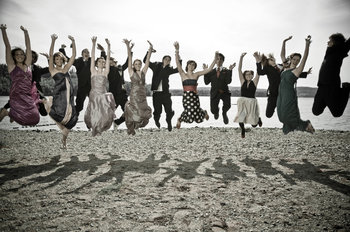Not getting a promotion that everyone expects you to get. | Being criticized for low performance in front of others. |
Your idea is directly criticized as foolish. | Another person mocks your appearance or fashion sense. |
A stakeholder directly accuses you of not meeting your commitments. | A customer directly and harshly says "no" without any explanation to your carefully considered proposal. |
A coworker implies that you drink too much and everyone laughs at your expense. | A parent at your child's school directly implies that you are poor in front of your children. |
A subordinate directly implies that a manager's idea is foolish. | A neighbor becomes angry at you and insults you with foul language. |
A coworker rolls their eyes and laughs at your idea in a way that sidelines you. | You give a sales presentation and forget the name of your product in some obvious way that is awkward. |
You are speaking a second language and someone mocks your accent or mispronunciation. | Another person diminishes you based upon your identity such as nationality or ethnicity. |
You aren't invited to a team party that everyone else attends. | A coworker accuses your of wrongdoing in front of others. |
You get a fact wrong in a presentation and everyone laughs at your expense. | A coworker points out an embarrassing grammatical error in an email in a reply-to-all. |
A peer suggests that you are socially unpopular. | Your boss harshly admonishes you for a mistake in front of your entire team. |
You stumble and fall as you walk out on a stage in front of a large crowd. |
Saving Face
Saving face is the process of helping others to avoid losing face. For example, indirect complaints such as a neighbor who says "I noticed that you had a party last night" as opposed to "you were too loud last night." This requires reading between the lines whereby the neighbor is able to understand that this is an indirect complaint. Saving face is the expected behavior in some cultures where group harmony is valued over other objectives such as candor. In practice, all or most cultures use saving face as a social expectation to one degree or another.Notes
Loss of face can be your own mistake or it can be directed at you by others. When you cause your own loss of face, others may help you to recover. For example, someone who quietly whispers to you that you have food on your tie.| Overview: Loss Of Face | ||
Type | ||
Definition | Embarrassment that occurs in front of others. | |
Related Concepts | ||



























